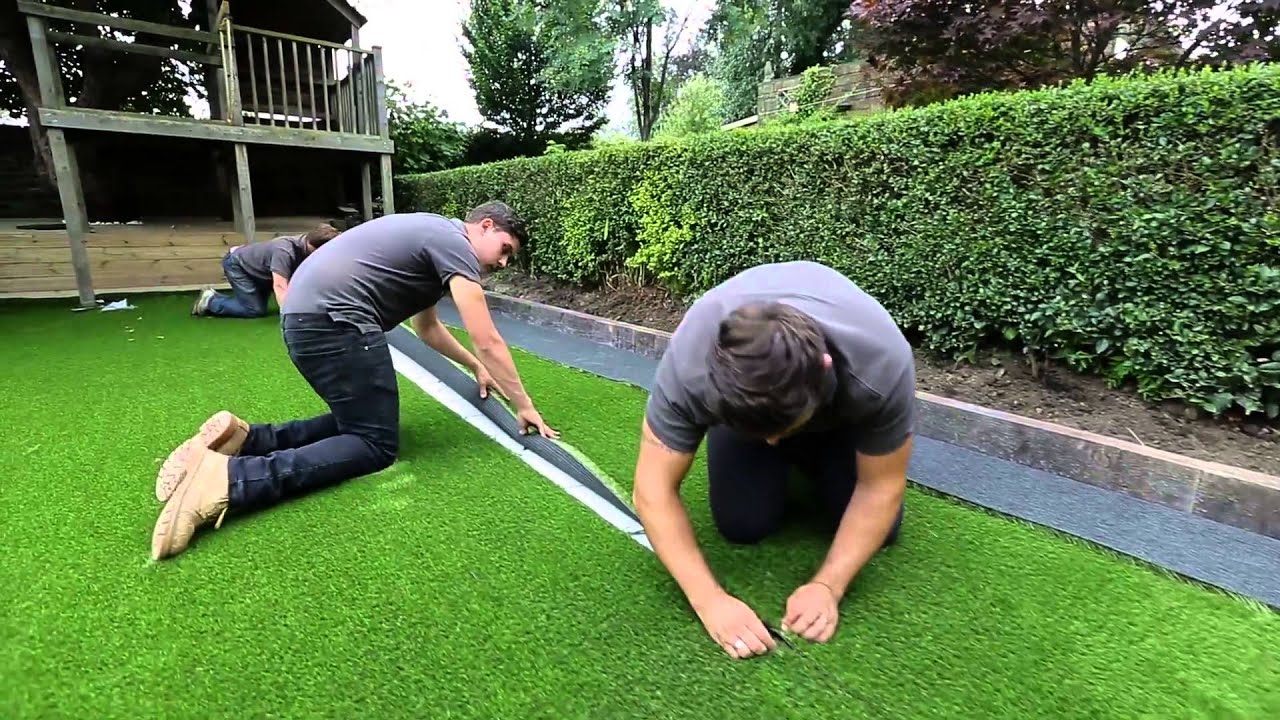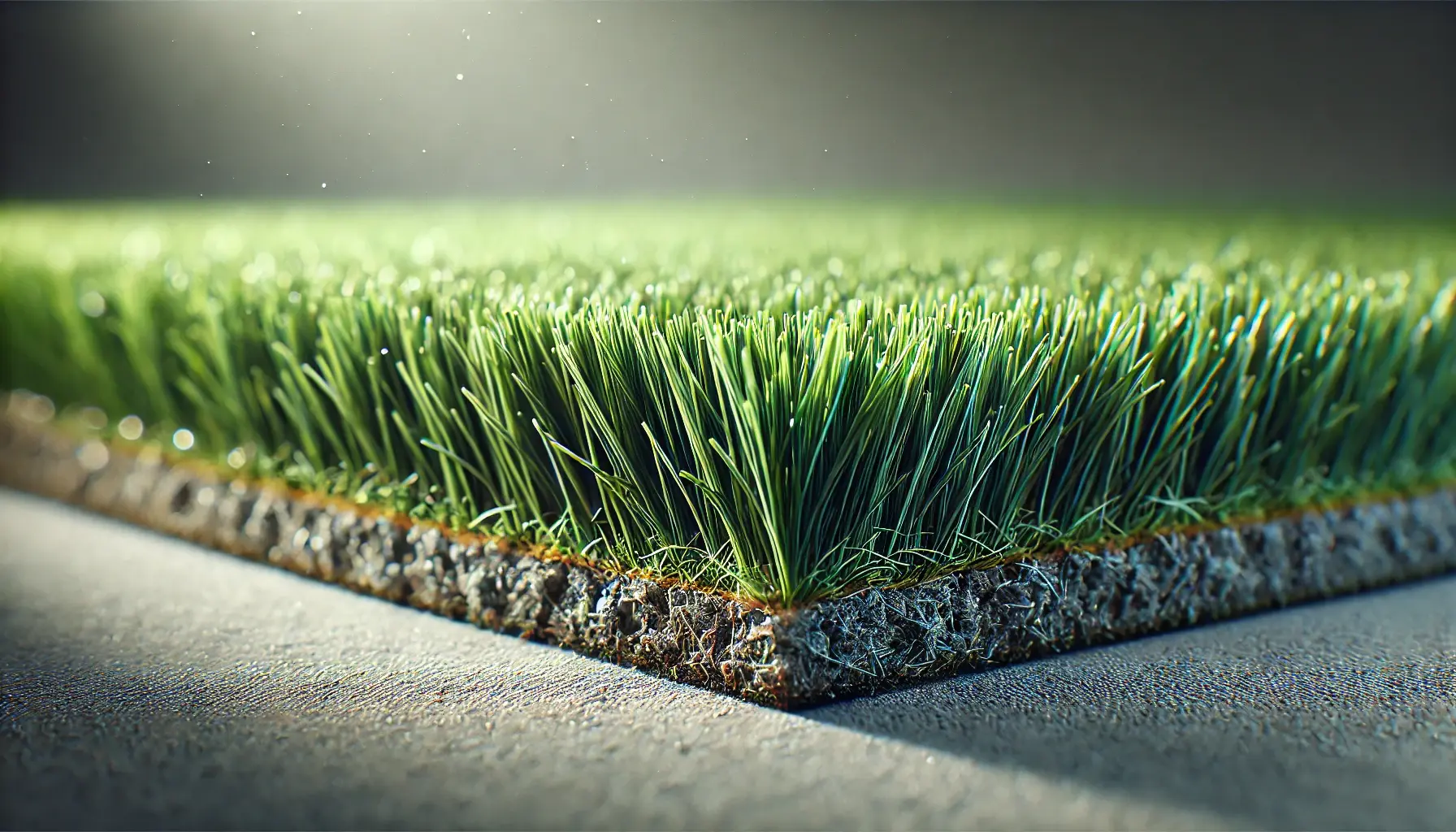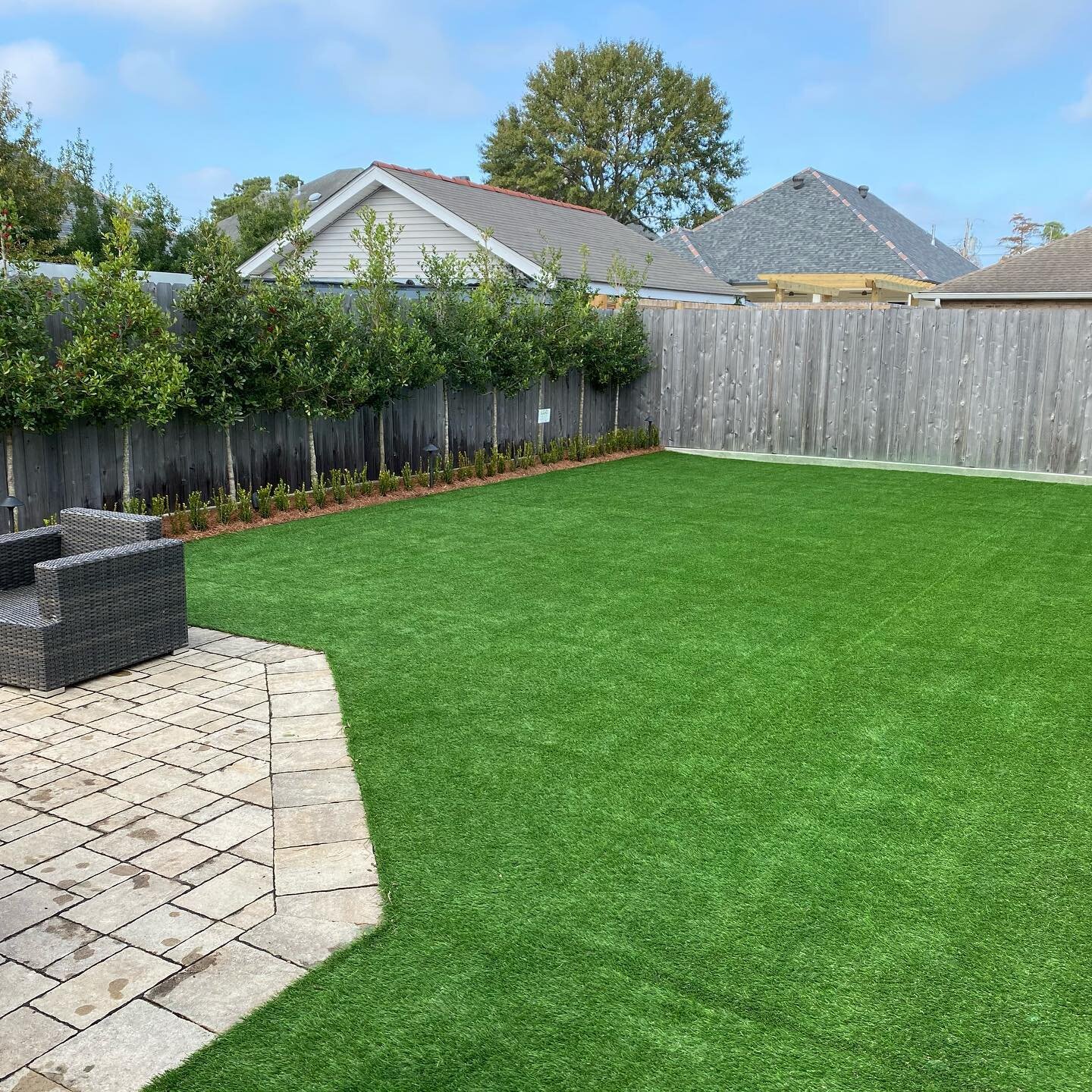Enhance Your Yard with Professional Turf Installation Phoenix AZ Services
Enhance Your Yard with Professional Turf Installation Phoenix AZ Services
Blog Article
Explore the Environmental Perks of Opting for Synthetic Grass Solutions
The adoption of synthetic lawn services provides an engaging possibility to address pushing environmental difficulties. By dramatically minimizing water usage and reducing the application of hazardous chemicals, these options not only promote sustainable landscaping but likewise secure neighborhood communities.
Water Conservation Advantages
Among the most significant benefits of synthetic grass is its ability to preserve water. Typical grass lawns require considerable irrigation, particularly in areas prone to drought or water limitations. In contrast, synthetic grass does not need watering, substantially minimizing the general need for water resources. This feature is particularly helpful in deserts where water scarcity is a pressing concern.
By removing the demand for regular watering, synthetic grass adds to sustainable landscape methods and helps alleviate the ecological impact of too much water usage. The conservation of water extends to the reduction of runoff, which can lead to dirt erosion and river air pollution.
In addition, the setup of man-made lawn allows communities and homeowners to allocate water sources more successfully, concentrating on important usages such as alcohol consumption water and agriculture. The shift towards synthetic grass not only promotes liable water use however also straightens with broader environmental objectives focused on preserving all-natural sources.
As neighborhoods significantly focus on sustainability, the water preservation advantages of man-made lawn provide a compelling situation for its fostering in commercial and domestic landscaping jobs.
Decreased Chemical Usage
The shift to artificial grass significantly reduces the reliance on chemical treatments generally made use of in natural turf maintenance. Conventional turf management typically includes the application of herbicides, plant foods, and pesticides to promote development and control insects. These chemicals can pose threats to human health, regional wildlife, and the setting, contributing to soil and water contamination.
On the other hand, artificial grass removes the requirement for these harmful materials. As soon as installed, it needs minimal upkeep, largely including normal cleansing and infrequent infill replenishment. This decrease in chemical use not only profits the immediate environment yet also adds to more comprehensive ecological security. By decreasing the release of synthetic compounds into the ecosystem, synthetic grass promotes much healthier soil and water systems.
In addition, the lack of chemical overflow related to synthetic grass installments assists shield local rivers from contamination, supporting marine life and maintaining biodiversity. Artificial turf companies phoenix. As neighborhoods progressively prioritize lasting techniques, choosing man-made grass provides a viable solution that lines up with ecological conservation goals. With this change, homeowner can delight in rich eco-friendly areas without compromising eco-friendly health, leading the way for a more lasting future
Reduced Carbon Impact

Moreover, the installment of synthetic turf can result in significant water preservation. All-natural grass require substantial amounts of water for watering, which not only adds to the carbon impact linked with water removal and therapy yet likewise stress neighborhood water resources. On the other hand, synthetic grass requires very little upkeep, needing no watering, therefore dramatically minimizing water use and its connected power prices.
Additionally, the long life of fabricated turf adds to its lower carbon impact. With a life-span of approximately 15 years or even more, the requirement for frequent substitutes is lessened, leading to less waste and lower energy consumption in manufacturing and dealing with standard grass choices. In general, you could try here synthetic turf provides a lasting option for ecologically mindful landscaping.
Habitat Conservation
Environment preservation is a critical consideration in the discussion over landscaping selections, particularly when contrasting synthetic grass to all-natural turf. All-natural yard lawns frequently need substantial upkeep, including using plant foods, herbicides, and chemicals, which can adversely impact regional ecosystems. These chemicals can seep right into the soil and rivers, hurting indigenous vegetation and animals and interrupting regional habitats.
On the other hand, artificial grass presents a possibility to reduce the eco-friendly footprint of landscaping. By opting for artificial turf, property owners can decrease the interruption of all-natural habitats linked with standard lawn care methods. Man-made grass eliminates the demand for damaging chemicals, therefore shielding neighboring wildlife and maintaining the stability of bordering environments. Furthermore, the installment of artificial turf can cause the conversion of previous grass areas into more biodiverse landscapes, such as pollinator gardens or indigenous plant locations, which can sustain local wild animals.
Eventually, the transition to synthetic lawn not only saves water and decreases maintenance initiatives yet also cultivates a much more unified connection between human tasks and the all-natural setting, promoting environment conservation in the procedure.
Long-Term Sustainability
Lasting sustainability is an essential factor in reviewing the benefits of man-made grass over standard grass yards. One of the most considerable benefits of synthetic grass is its resilience; it can last approximately 15-20 years with minimal upkeep, whereas natural grass needs constant reseeding and substitute. This long life reduces the need for consistent resources, such as water, plant foods, and pesticides, which are essential for maintaining a healthy and balanced yard yard.
Additionally, synthetic grass contributes to a reduction in carbon exhausts connected with lawn care equipment. Traditional lawns frequently need gas-powered lawn mowers, leaners, and blowers, every one of which add to air contamination. Phoenix turf companies. In contrast, synthetic grass eliminates the demand for such devices, advertising a cleaner environment
In addition, the manufacturing of fabricated turf significantly makes use of recycled materials, official website boosting its sustainability account. As suppliers take on environmentally friendly methods, the environmental footprint of man-made turf remains to reduce.

Final Thought
The adoption of man-made turf services offers substantial ecological benefits, including considerable water conservation, lowered dependence on unsafe chemicals, and a lower carbon impact. Fabricated turf help in maintaining all-natural habitats by lessening land disruption and promoting long-lasting sustainability through the use of durable materials. Collectively, these factors highlight the possibility of synthetic grass to contribute positively to ecological wellness and provide a practical choice to standard landscaping practices in an increasingly resource-conscious world.
In comparison, artificial turf does not require watering, significantly lowering the total need for water next page resources. By decreasing the launch of artificial substances right into the community, man-made turf advertises healthier dirt and water systems.
In addition, the setup of synthetic turf can result in considerable water preservation. In contrast, fabricated grass needs marginal maintenance, calling for no watering, consequently significantly lowering water usage and its connected power expenses.

Report this page